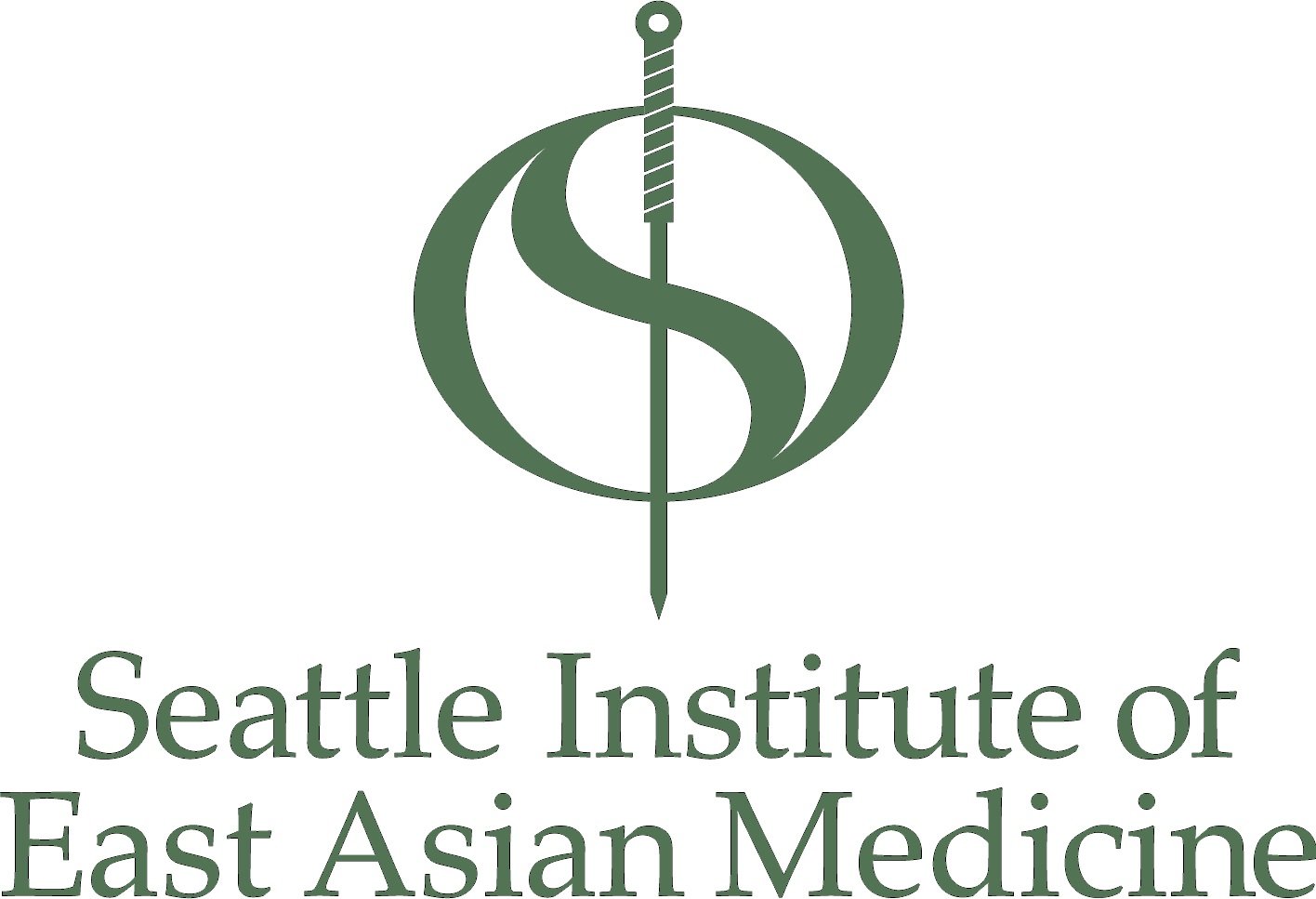The Second Year
(M.Ac. Program and M.Ac.O.M./D.A.H.M. programs)
In the second year, the M.Ac. and M.Ac.O.M./D.A.H.M. programs diverge. Students will select whether they will focus on acupuncture as their primary modality (leading to a M.Ac. degree), or engage as well in the study of herbal medicine and more in-depth Chinese medical language and diagnostic theories (leading to the M.Ac.O.M. and ultimately the D.A.H.M.)
The second year of instruction emphasizes clinical practice with acupuncture and related modalities, as well as a deepening of understanding of the biomedical perspective of diseases in order to more effectively communicate with patients and collaborate with other health care practitioners. Student interns practice in a team approach to acupuncture and bodywork care under the supervision of the key faculty who have been their mentors in the academic instruction of the different acupuncture traditions provided at SIEAM. Student learning focuses on the technical aspect of techniques and clinical practice and demonstration of the basic skills for assessment, diagnosis, treatment and referral.
Those choosing the addition of the herbal studies will also participate in rigorous instruction in Chinese herbs, the Chinese medical classics, and Chinese medical language. They will have weekly clinical preceptorships with experienced herbalists on the SIEAM faculty and assist in the herbal dispensary preparing herbal formulations and learning how to manage an herbal pharmacy


